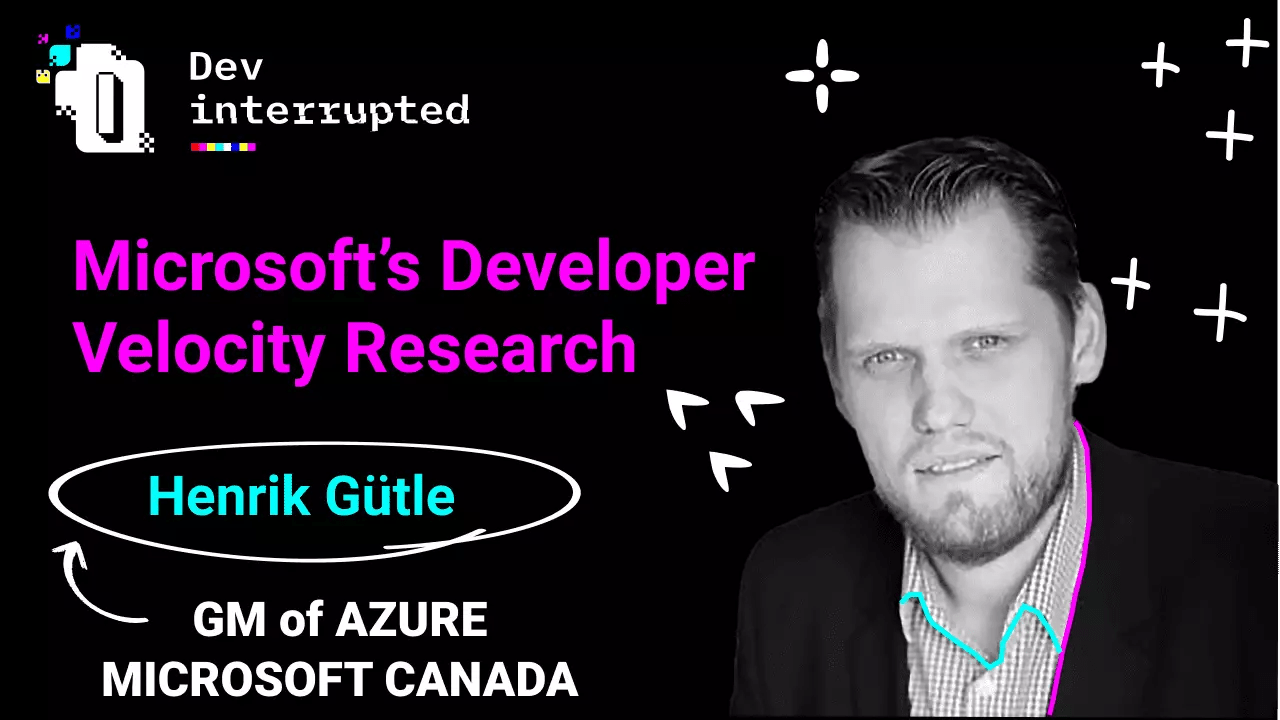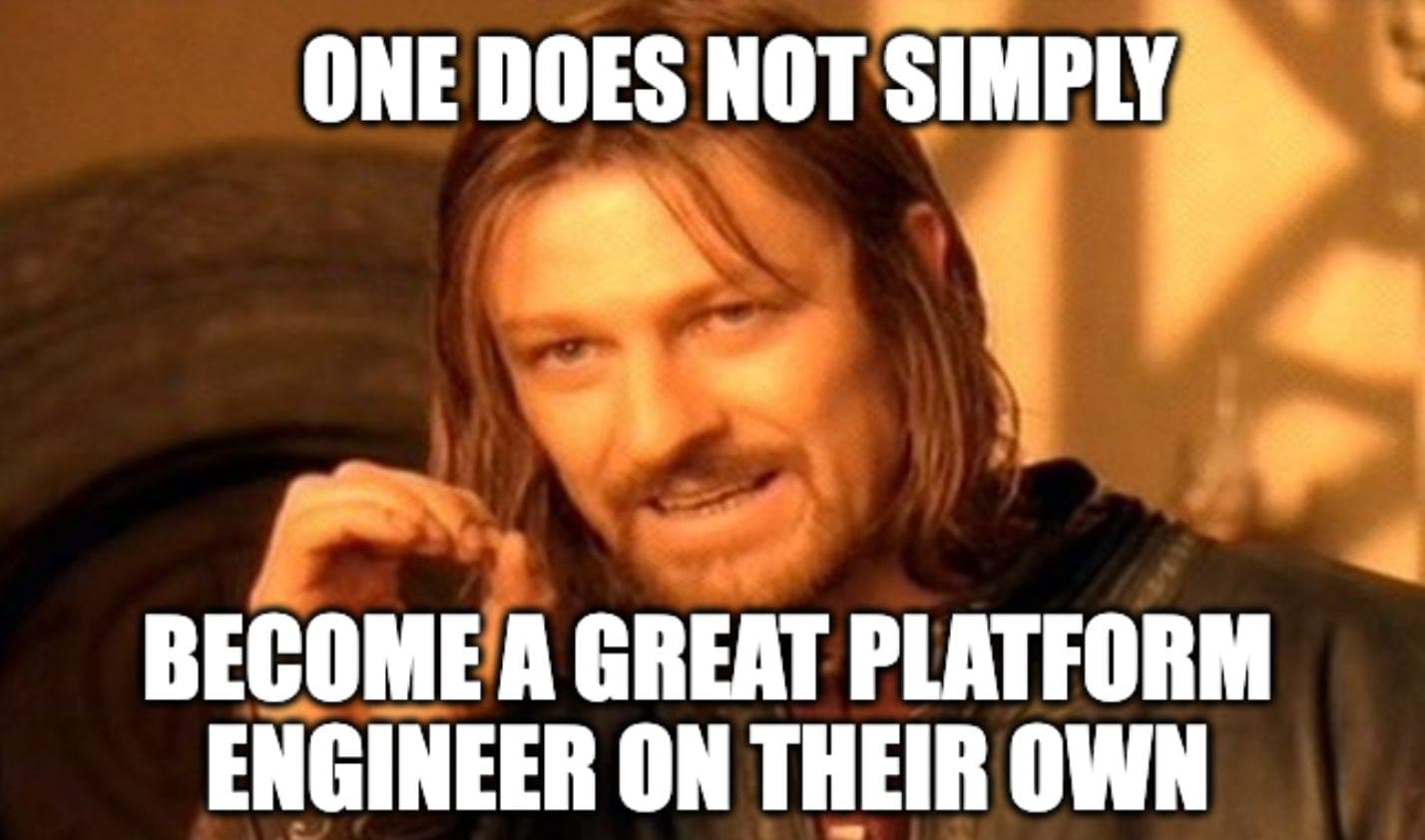If you want to learn from some of the best engineers and engineering minds in the business, register for INTERACT: the community-driven, digital conference designed by engineering leaders, for engineers leaders. This single day conference will feature 10+ speakers, interactive sessions and a community built by 100’s of engineers and engineers leaders, all for free.
In our rapidly changing technology landscape, it can be difficult to maintain a competitive advantage. Challenges present themselves daily and staying ahead of your competition can feel daunting. At the INTERACT conference for engineering leaders on September 30th, we’ll be exploring two of the most impactful ways that have emerged for companies to differentiate themselves - streamlining engineering processes and maintaining high developer velocity.
These drivers of success make companies more innovative and productive while enhancing team performance and alignment, and two of the key talks at INTERACT focus on solving these challenges:
- Maria Gutierrez, VP of Engineering for Strategy and Operations at Twitter, is an expert at engineering processes. Before her time at Twitter, Maria fine tuned her abilities as the VP of Engineering at FreeAgent in addition to stints at Adobe, Intercom and Living Social.
- Henrik Gütle, is the General Manager of Microsoft Azure, responsible for leading the commercial cloud business for Microsoft Canada. Leading a team at Microsoft exploring the origins of developer velocity, Henrik has a keen understanding of business impact.
Both of these talented individuals will be appearing at INTERACT on September 30th to share why engineering processes and developer velocity are critical to business success.
Let’s take a quick look at what these two will be presenting.

A sneak peak at Maria’s viewpoint on streamlining engineering processes
At its core, an organization is nothing more than a collection of moving parts. A combination of people and resources moving towards a common goal. Delivering on your objectives requires alignment at the highest levels - something that becomes increasingly difficult as companies scale.
Growth increases team sizes creating more dependencies and communication channels within an organization. Collaboration and productivity issues can quickly arise in a fast-scaling environment.
It has been observed that adding members to a team drives inefficiency with negligible benefits to team efficacy. This may sound counterintuitive but is a result of the creation of additional communication lines, which increases the chance of organizational misalignment.
The addition of communication lines brought on by organization growth also increases the risk of issues related to transparency as teams can be unintentionally left “in the dark.” This effect is compounded if decision making is done on the fly, especially if multiple people are making decisions independent of each other.
In order to maintain overall business alignment, clarity and structure, the implementation of business processes becomes necessary. By defining these processes, your organization will be able to thrive as it scales, unburdened by its own growth as if it were still a small startup.
In effect, processes allow us to codify our success, providing us with systemic and scalable ways to repeat behaviors that lead to success and avoid past mistakes.
The processes that help scale engineering organizations, the implementation of these processes, the effect of these processes, and the 3 most important processes for scaling, will be shared by Maria during her discussion with me at INTERACT.

An excerpt from Henrik’s talk
In early 2020 Microsoft conducted an exhaustive survey of over 400 of the largest companies around the world. The goal was to understand the impact of developer velocity on business performance. A follow up to this survey was then performed in May of 2021 to validate the findings of the original survey.
They found a direct correlation between high development velocity and business impact. The business impact of developer velocity was substantial. Companies with the highest velocity had 4 to 5 times higher profit margins than the companies with the lowest velocity. The companies with high velocity were also more innovative and productive.
The first survey attempted to capture the best overall picture of drivers of velocity. While the second survey sought to identify the impact of Covid on developer velocity and whether or not the shift to remote work impacted the findings of the initial survey.
Companies that were successful in both surveys shared several key similarities. Chief among them were technological updates and organizational practices such as:
- Cloud Adoption: The best performing companies were companies whose leaders pushed for early cloud adoption. Companies that fell behind in this area had a difficult time catching up.
- Agile: The adoption of agile practices is one of the biggest indicators of high developer velocity and is one of the first things companies should look at if they want to increase developer velocity.
- Product management: Building strong product management capabilities and treating it as a discipline is highly critical. As we move towards a world with autonomous teams that own their product end to end, the importance of product management increases.
Henrik and Dev Interrupted Community Leader Conor Bronsdon will be diving into all of Microsoft’s research findings into developer velocity - and what engineers can learn from these findings - during his presentation at INTERACT.
INTERACT: September 30th, 2021
If you want to learn from some of the best engineers and engineering minds in the business, register for INTERACT: the community-driven, digital conference designed by engineering leaders, for engineers leaders. This single day conference will feature 10+ speakers, interactive sessions and a community built by 100’s of engineers and engineers leaders, all for free.
Not only will you have a chance to have access to Maria and Henrik’s research but also to other brilliant engineering leaders like:
- Elinat Orr, Co-Founder and CEO at Treeverse
- Yaron Inger, CTO at Lightricks (congrats to them on their new $1.9B valuation!)
- Ori Keren, Co-Founder and CEO at LinearB
- Helen Beal, Chief Ambassador DevOps Institute
Don’t miss your chance to learn from these great engineering leaders. We look forward to seeing you on September 30th, remember to save your seat!



